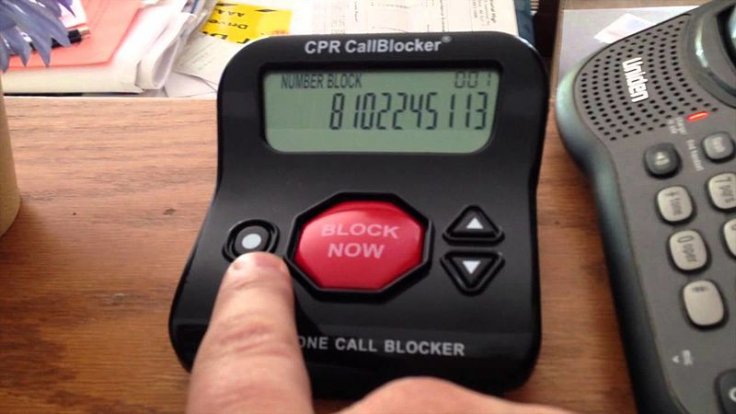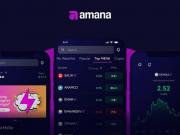The Federal Communications Commission (FCC) on Tuesday proposed a $225 million fine against two heath insurance telemarketers for spamming people with more than 1 billion robocalls using fake phone numbers. This is the largest proposed fine in FCC history. The two telemarketers allegedly used fake caller IDs of a large number of prominent health insurance carriers to sell health plans from low-profile providers.
Robocalls hit an all-time high in the United States in 2019 with Americans receiving over 2,000 robocalls on average. Robocalls, which are phone calls that use computerized autodialer to deliver a pre-recorded message, are increasingly becoming a problem, with the numbers growing every month. Moreover, a large percentage of them are fake calls.
FCC Takes Unprecedented Call

The FCC on Tuesday voted unanimously for a record-setting $225 million fine against two Texas-based health insurance telemarketers who made "approximately 1 billion spoofed robocalls across the country". The calls were made in the first four and a half months of 2019 using fake phone numbers.
The FCC said that the two calls were made by John Spiller and Jakob Mears through two businesses. The two telemarketers along with their companies Rising Eagle and JSquared were also sued by State attorneys general of Arkansas, Indiana, Michigan, Missouri, North Carolina, Ohio and Texas.
The robocalls falsely claimed to offer health insurance plans from prominent health insurance carriers like Aetna, Cigna, Blue Cross Blue Shield and UnitedHealth with an automated message. According to the FCC, Rising Eagle tricked people by primarily using "spoofed Caller ID numbers to flood consumers with prerecorded calls" that mislead them into believing that the calls were from reputable health insurance companies.
FCC Gets Stricter

The record $225 million by the FCC is a part of a wider US government crackdown on unwanted robocalls. Robocalls over the years have become a pressing issue for consumers, both as an annoyance and as a vehicle for fraud. According to YouMail, a spam filtering service that monitors robocalls, Americans have already received more than 20 billion robocalls this year.
There were more than 58 billion robocalls made in the United States in 2019, according to YouMail. The FCC recently moved to mandate that the phone industry does not charge for call-blocking tools and put in place a system designed to weed out "spoofed" calls made using fake numbers and has also sought for more fines.
However, despite taking steps to curb fake robocalls, FCC hasn't been successful in collecting much of the hundreds of millions of dollars in fines levied previously. This has in a way given a boost to the confidence of telemarketers, who continue to use robocalls to spam and scam people.








